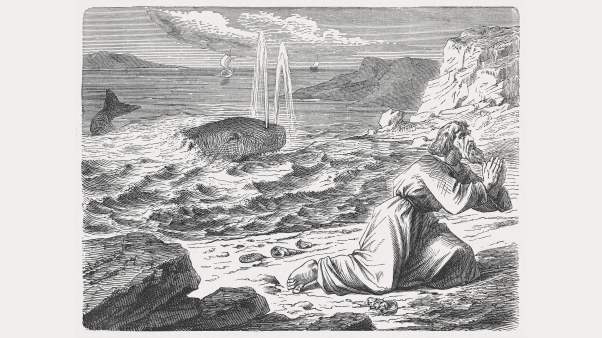
News reports, such as this one from CNN and this one from US News, highlighted yesterday the attitudes of white evangelicals on the issue of torture. According to a survey conducted by the Pew Forum on Religion and Public Life, 18 percent of white evangelicals said use of torture against suspected terrorists can often be justified and 44 percent said it can sometimes be justified. That adds up to 62 percent. Compare that solid majority to the often/sometimes number for white non-Hispanic Catholics (51 percent, a bare majority) and white mainline Protestants (46 percent). Because of problems with the sample size, the Pew study was unable to peg a percentage for other groups, such as African-American Protestants or Hispanic Catholics.
One more factor to consider: attendance at religious services. Fifty-four percent of those who attend religious services at least weekly say torture against suspected terrorists can be often/sometimes justified compared to 51 percent of those who attend monthly or a few times a year and 42 percent of those who attend seldom or never.
The immediate impression is that religion – especially religion characterized by active commitment – makes people bloodthirsty. Or something like that.
What can we say about this picture?
First, the survey is probably accurate. Other studies have shown similar results. For example, a 2008 poll conducted for Faith in Public Life showed that 58 percent of white southern evangelicals thought torture of suspected terrorists could be justified often or sometimes. Thirty-eight percent said it was never or rarely justified.
But how you ask the question can make a big difference. That 2008 survey also asked respondents a “Golden Rule” version of the question. Should the U.S. government use methods against our enemies that we would not want used on American soldiers? The proportion of southern white evangelicals who said torture was never or rarely justified rose from 38 percent to 52 percent. Ask Christians to think in such Golden Rule terms, and they do change.
Second, there is (as there always is) a gap between leadership beliefs and grassroots attitudes. If there weren’t a gap, leaders wouldn’t be leading anyone anywhere. Pew did not survey evangelical leaders, but we do have an indication of their attitudes. In March 2007, the National Association of Evangelicals Board of Directors affirmed the Evangelical Declaration Against Torture with little hesitation or dissent (see this New York Times article by Peter Steinfels). That large group represents a wide variety of denominations and parachurch ministries. There were, of course, evangelical critics, but they tended to ignore the substance of the argument and to tar it by calling its drafters “pseudo-pacifist academics and antiwar activists” and attributing motives (“a barely disguised crusade against the U.S. war against terror”). The key leaders of most evangelical denominations and parachurch organizations have gone on the record against the use of torture.
The fact that thinking about the Golden Rule changes evangelical attitudes on torture suggests that further engagement with careful Christian thinking on the topic can have an even greater effect. Please study the 2007 declaration and read the 2006 Christianity Today cover story “Five Reasons Torture Is Always Wrong.”
As more and more details have emerged about U.S. government use of “enhanced interrogation techniques” (which our own government has called “torture” at other times), the debate has been shaped by the questions, “Does it work?” and “Did it work?” In my opinion, the picture emerging from the evidence suggests that not enough attention was paid to what we did know about effective interrogation before we rushed into the use of torture (or “enhanced interrogation techniques”).
But the question “Does it work?” presupposes a utilitarian ethic. Utilitarian ethics tends to weigh the magnitude of a potential good against its costs (the greatest good for the greatest number). But evangelicals have been eager to reject utilitarian ethics when addressing other issues – embryonic stem-cell research and population-control programs, for example. Even if embryonic stem-cell research turned out to be the best way to cure Parkinson’s disease, most evangelicals would oppose it, just as we would oppose abortion even if it were shown to reduce, say, food insecurity. By the same token, even if torture produced reliable information about terrorist activity, we should reject it. We are people of principle. Our principles were historically at the root of human rights action and the development of the Red Cross and the Geneva Conventions, and any number of other moral crusades that put principle above utilitarianism. Our principles should now motivate us to lead the world in rejecting torture of any human being, for any reason.
* * *
Image credit: Falun Gong Practitioner Gao Rongrong after torture by Chinese police. Via Wikimedia Commons.









